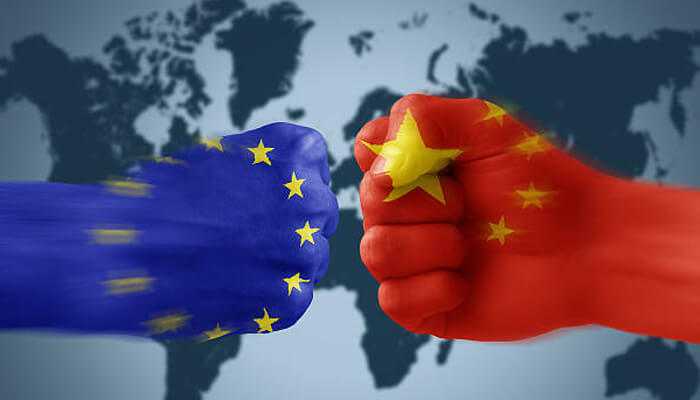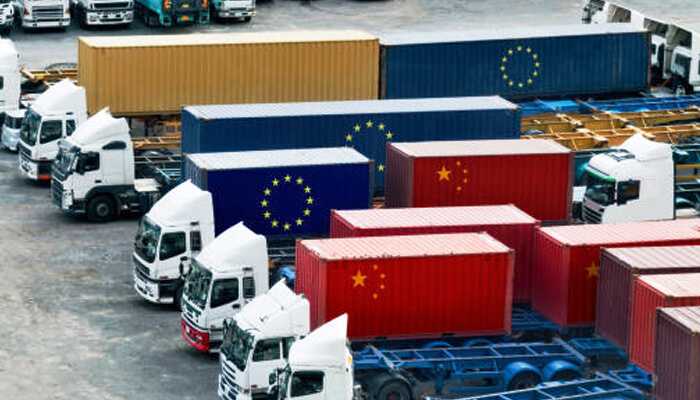To reduce friction over economic imbalances and geopolitical difficulties, China and the European Union have agreed to share information on export controls.
Europe’s trade commissioner declared that the relationship was at a “crossroads” and that the exporters of the bloc needed improved access to the second-largest economy in the world.
In order for our relationship to be mutually beneficial and to be founded on transparency, fairness, predictability, and reciprocity, it needs to be rebalanced. In a statement, Valdis Dombrovskis said, “I am pleased that we made progress in addressing some market access difficulties.
The European Commission said in a statement released on Monday that the two parties also decided to increase transparency in raw material supply chains and are looking into a new “mechanism” to do so.
In Beijing, where he met with Chinese Vice Premier He Lifeng on Monday, Dombrovskis is nearing the end of his trip. The flow of agricultural products and alcoholic beverages will be a focus for the two parties, and China has promised to clear a “backlog of applications for licenses of infant formula,” the Commission said.
After the meeting, He told reporters that China was ready to increase its imports from the EU and expressed hope that Europe would lift its prohibitions on exporting high-tech goods to China.
Relations between the two countries have deteriorated recently, particularly when the European Union opened an investigation into China’s state support for electric vehicle (EV) producers because rising imports of Chinese cars have stoked concerns about the future of European automakers. This month, the inquiry was dubbed “blatantly protectionist” by China’s commerce ministry.
Before the meeting, Dombrovskis stated on Monday that China’s trade practices have compelled the European Union to act more adamantly in its interactions with the second-largest economy in the world.
According to Jorge Toledo, the EU ambassador to China, the bloc’s trade deficit with China last year was 396 billion euros ($421 billion), which was “the highest in the history of mankind.”
Vehicles and machinery accounted for half of the shortfall, with the remaining amounts coming from other manufactured products, chemicals, and energy, according to EU statistics.
Vehicles have emerged as a major cause of contention as rising Chinese car imports concern European automakers.
Tech supply networks have already been stretched by tensions. In a warning to Europe and the US for placing restrictions on China’s access to cutting-edge chipmaking machinery, China recently imposed export restrictions on two semiconductor materials.
In the meantime, Dombrovskis stated at a news conference on Tuesday that European businesses have expressed concerns about the operating environment in China, saying it is becoming more politicized and unpredictable.
He claimed that not only with European customers but also with businesses eager to invest, China’s stance on the conflict in Ukraine was having an impact on the country’s reputation.
We find China’s position challenging to comprehend, Dombrovskis told reporters.
Since its full-scale invasion of Ukraine in 2022, Moscow has become more and more reliant on Beijing, with this year’s trade between the two countries skyrocketing. China has emphasized that it is impartial and just seeks stability for Ukraine.



